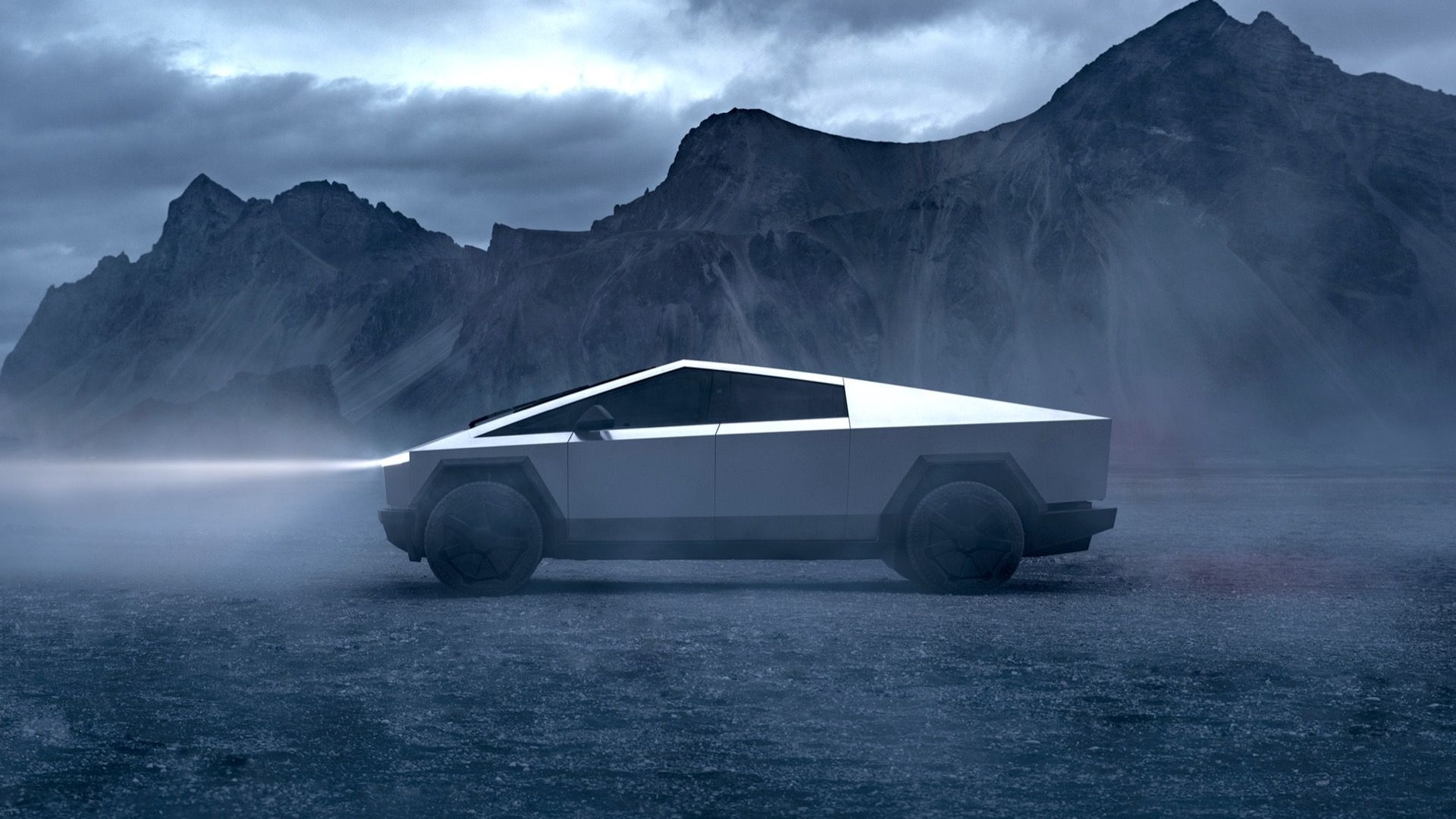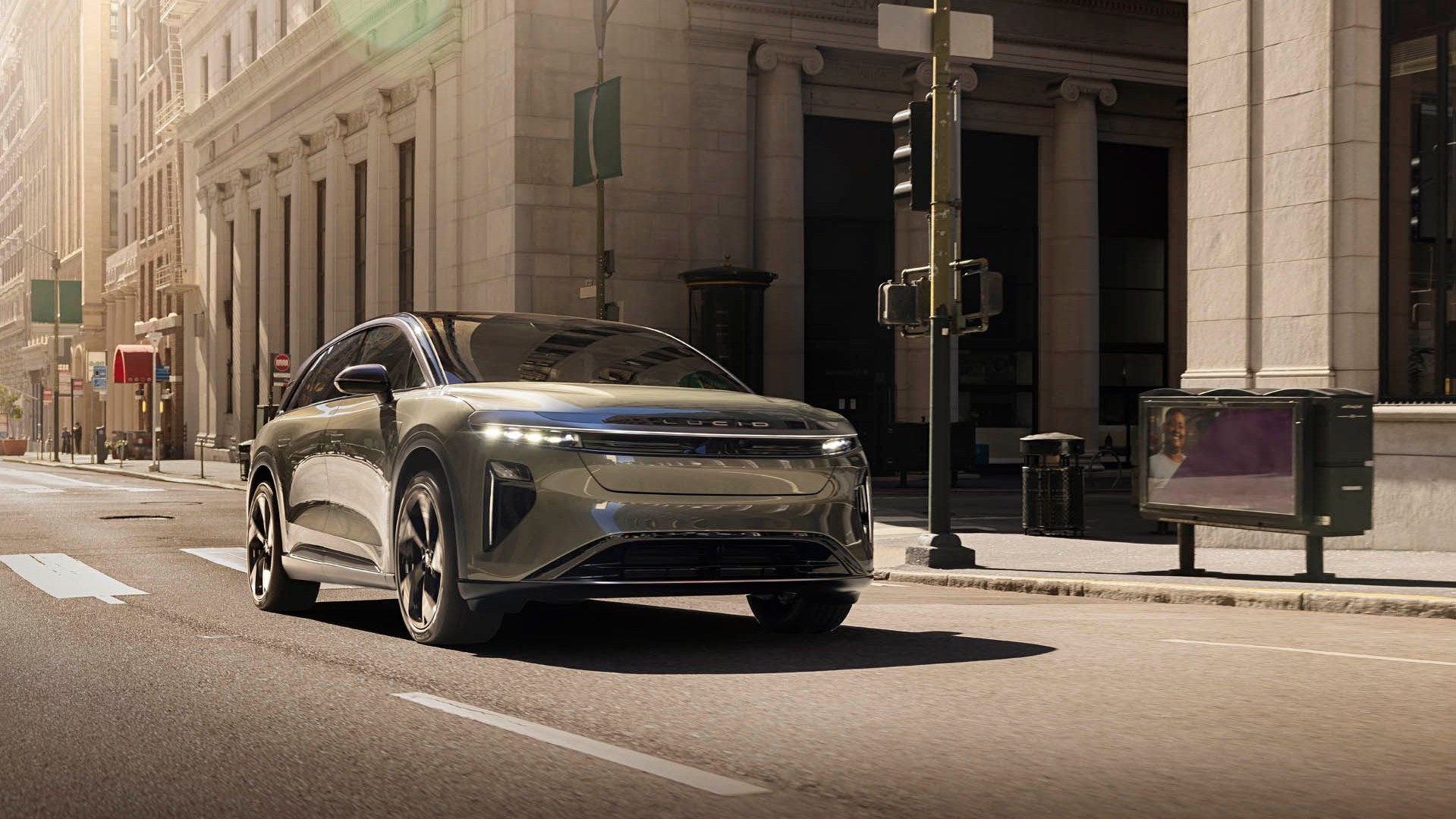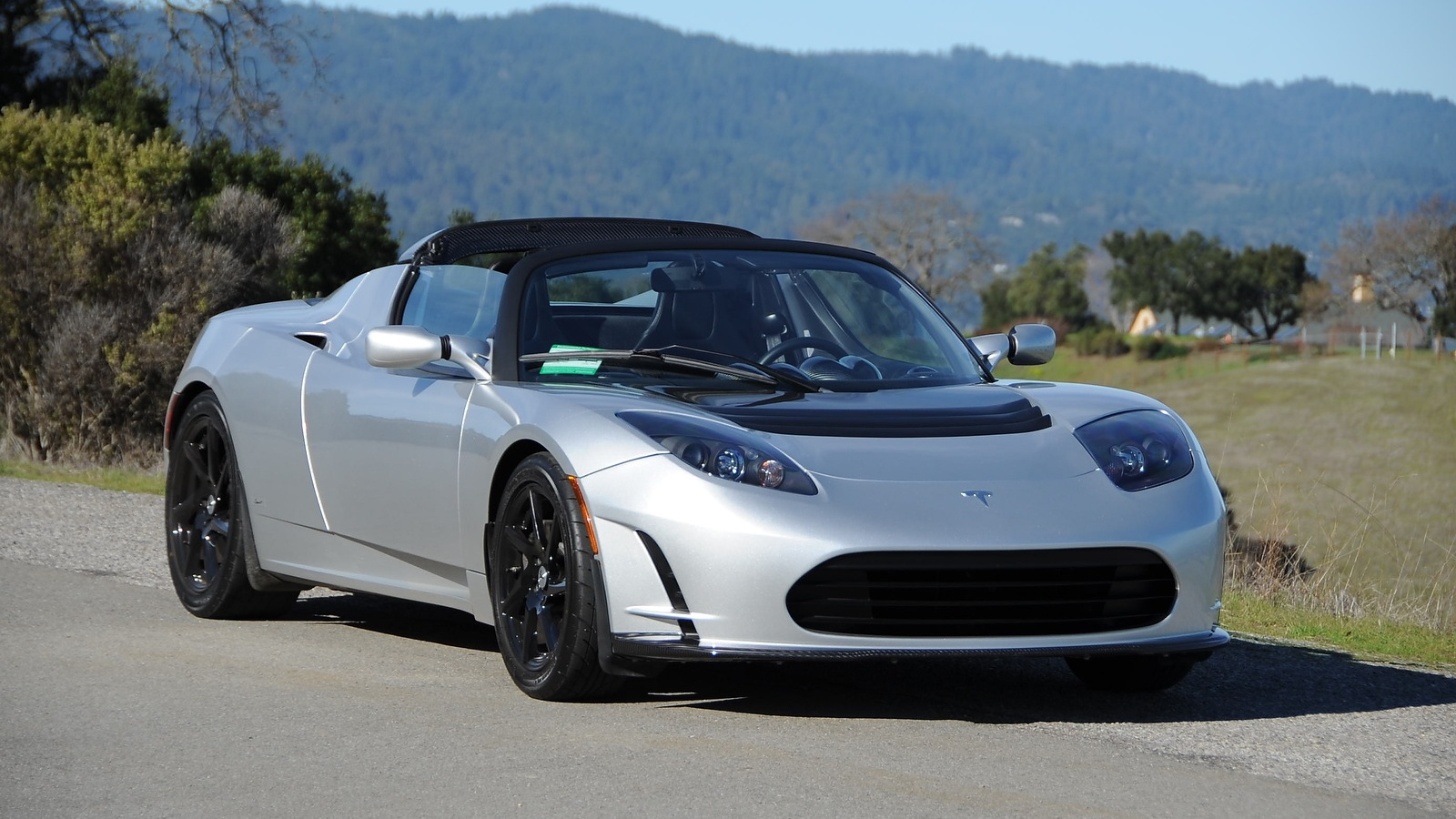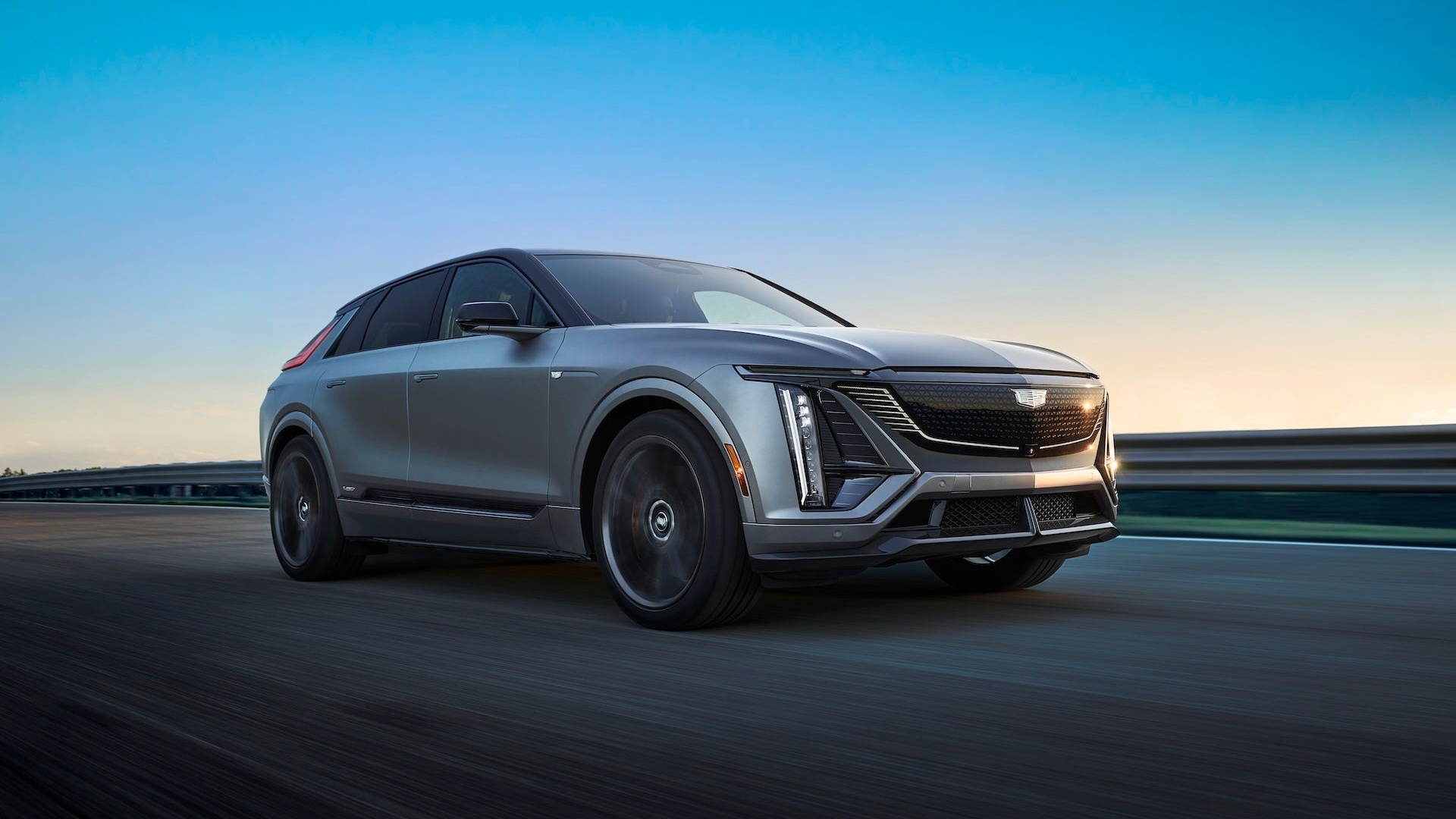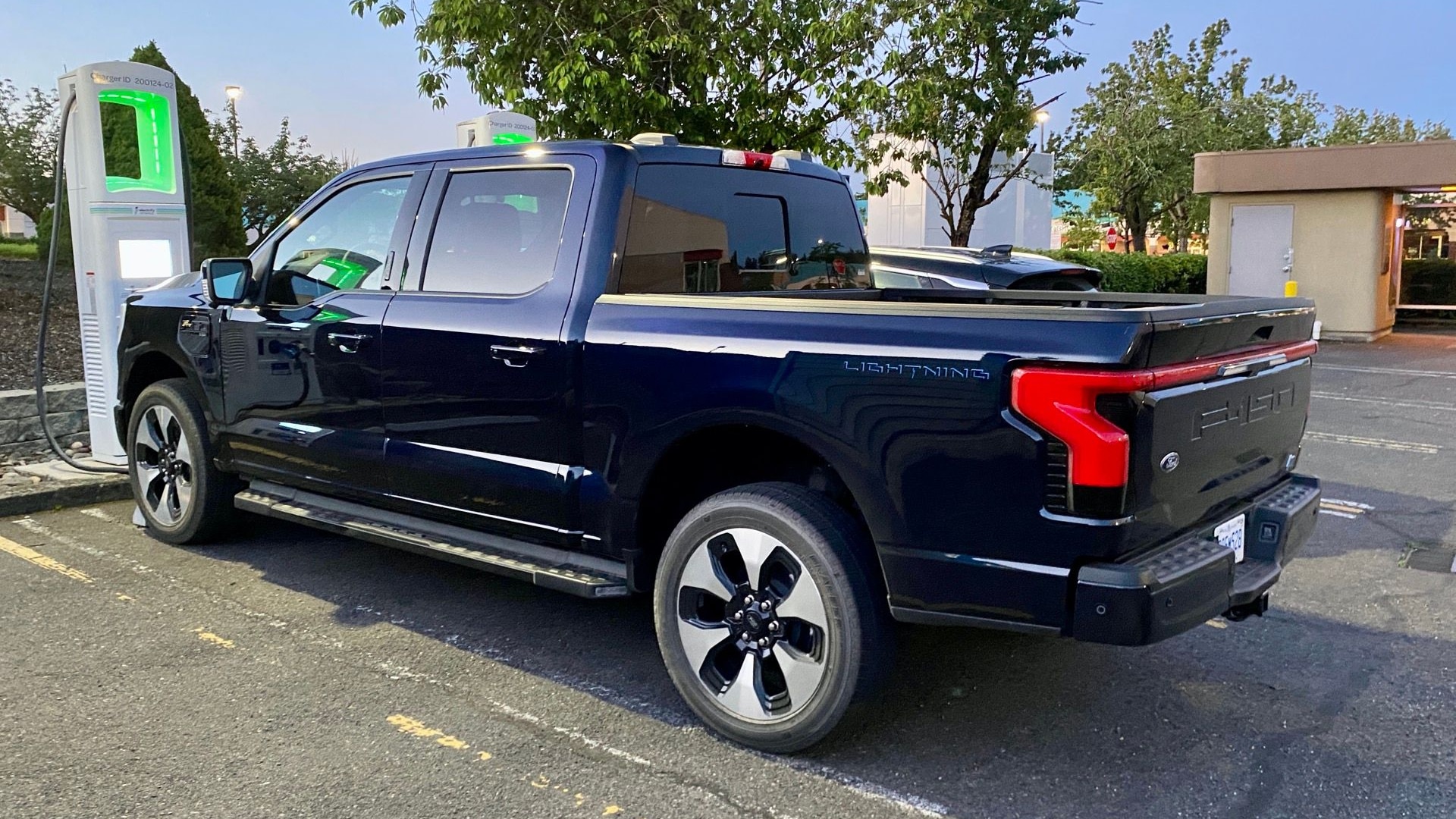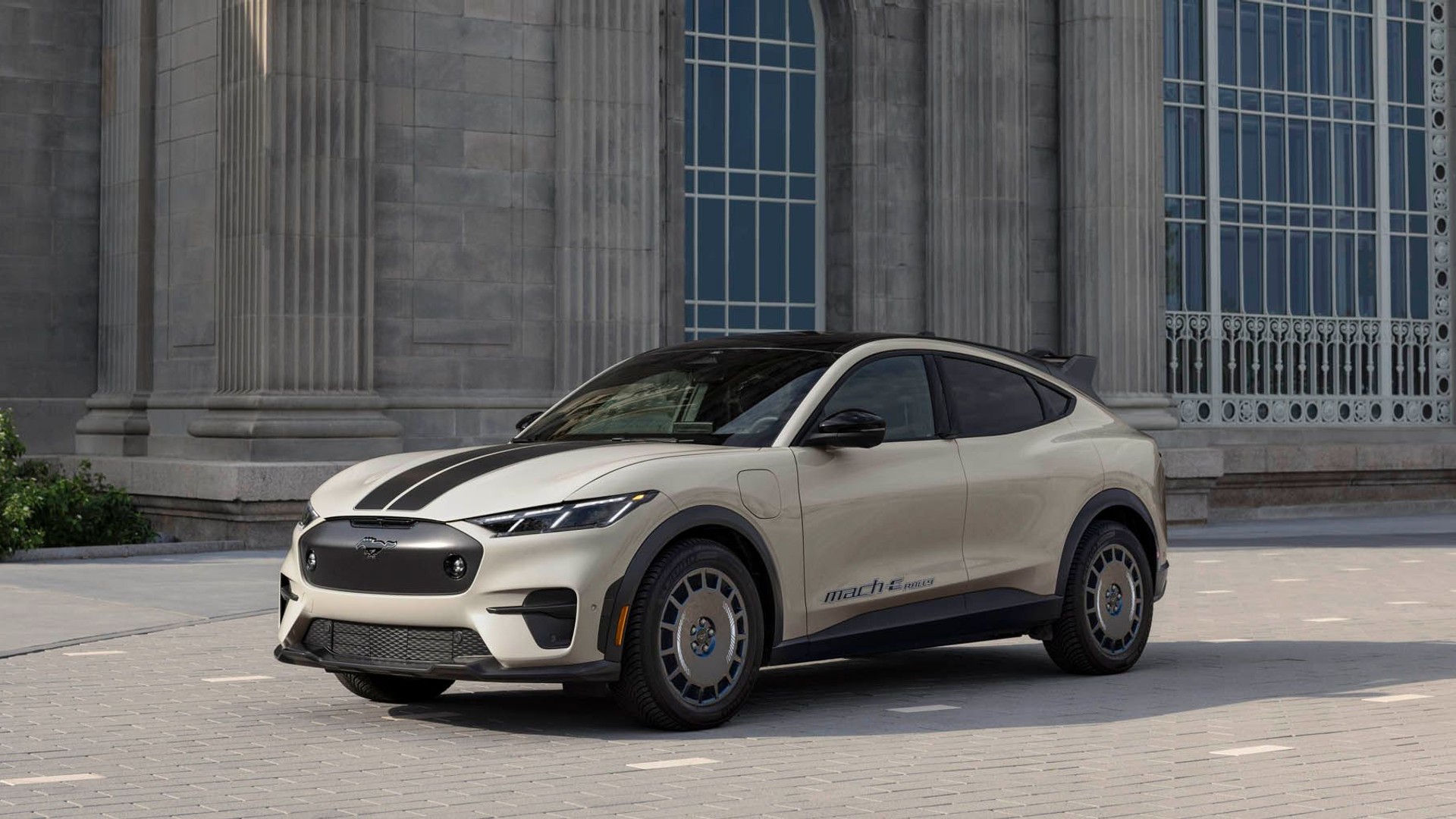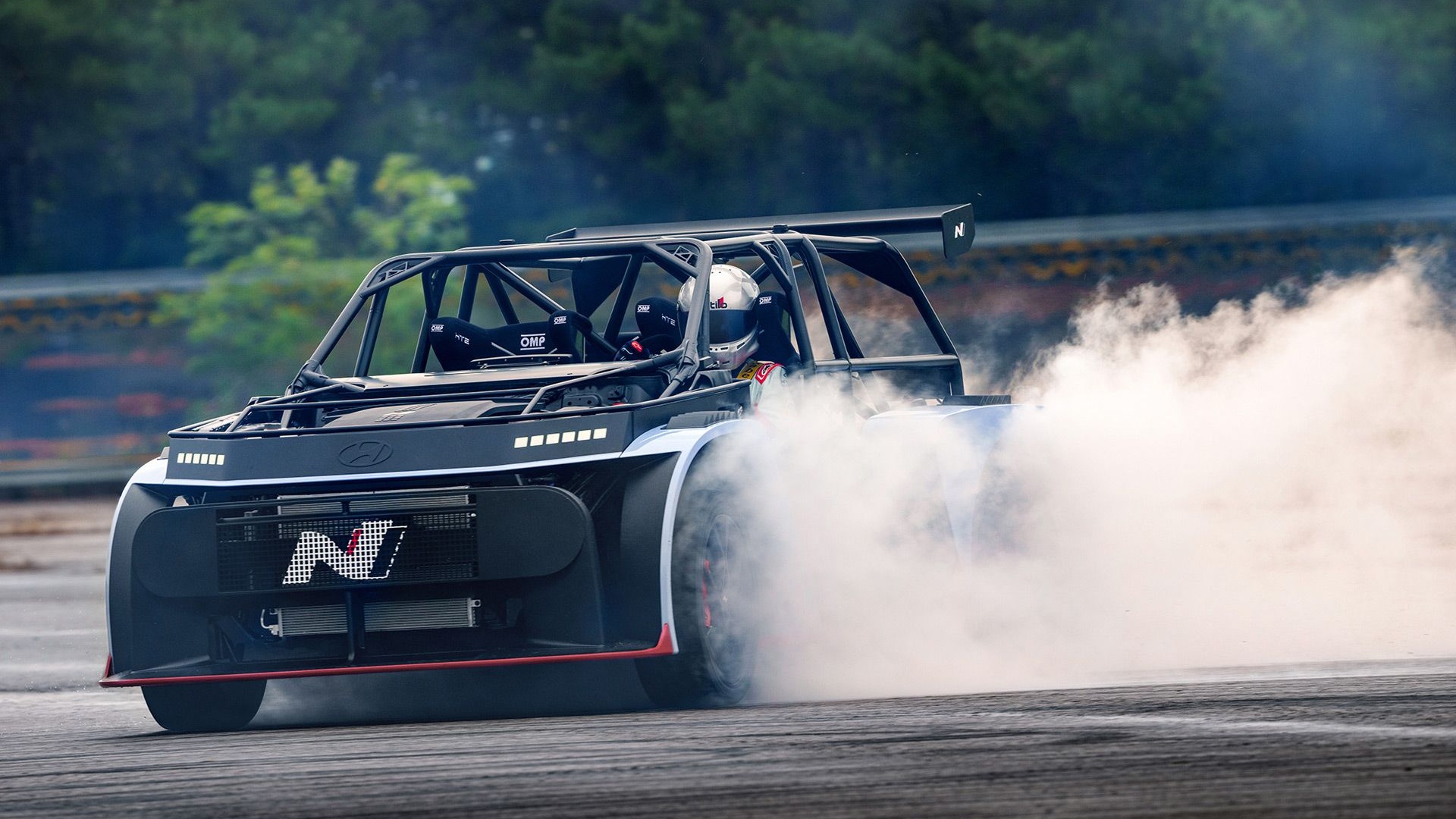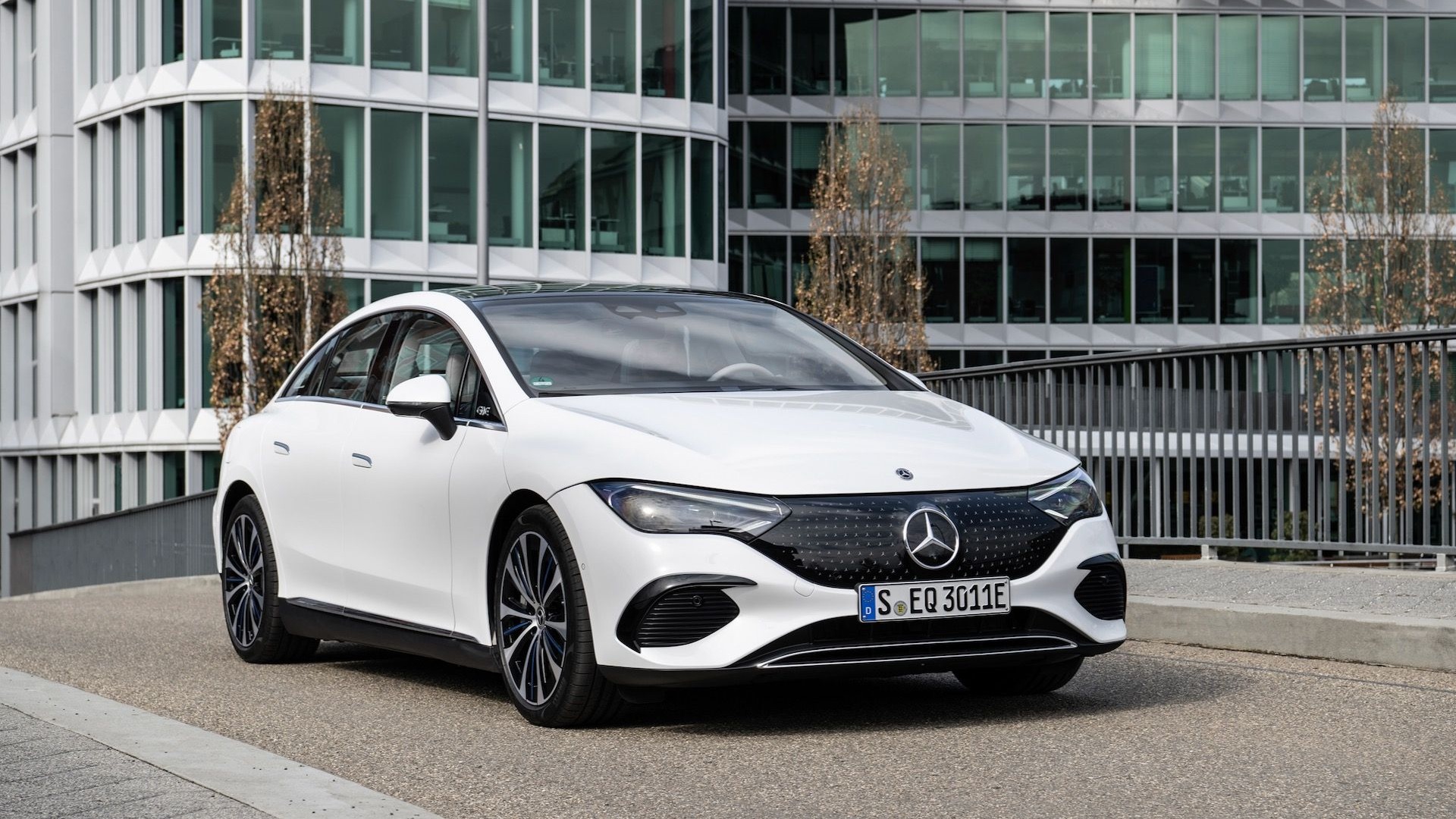Ed Kjaer is usually the most profane executive at any electric-car event. Blunt, direct, often outspoken, he's known as a go-to guy for real-world perspective on how plug-in cars will start to enter the U.S. auto fleet.
Since 1999, he's been the Director of Electric Transportation for Southern California Edison, the 123-year-old electric utility that serves 5 million customers in and around Los Angeles. He's now put 74,000 miles on his daily driver, an all-electric Toyota RAV4e.
Kjaer previously worked in marketing for Mazda and for the agency Honda hired to launch Acura. GreenCarReports.com spoke to Kjaer after a tour of SCE's Electric Vehicle Technology Center in Pomona, California.
What's the biggest factor encouraging adoption of electric vehicles today?
Ed Kjaer: It's not just one thing, it's this perfect storm of everything coming together. You've got climate change policy, energy security, air quality, activism, oil-price volatility, terrorism, patriotism, the rise of India and China as auto markets ... all of that has led to bipartisan agreement that plug-in cars are important. And now they're real.
What's the biggest impediment to getting EVs into customer hands?
Kjaer: First, the cost of the technology. We're hoping the volume-price curve comes down quickly, but that has to happen to broaden the appeal of plug-in cars.
Second, education and outreach, to help car buyers understand what this thing actually is. We need to address range anxiety, and get people to understand what duty cycles make sense for plug-ins. This is really a disruptive technology; there are 170,000 gas stations in the U.S. It's going to need a lot of public learning.

Plug-In Vehicle Parking Only
What other kinds of changes will electric vehicles bring to U.S. drivers?
Kjaer: The combination of smart metering and electric cars together will get consumers to think more about when to use power. We have three different rate plans for plug-in cars, for instance.
We're also really interested in the idea that utilities could use automotive quality lithium-ion cells for energy storage, which is something we've never been able to do--right now, any power we produce is used immediately. If utilities and automakers can join together to order large quantities of cells early in the cycle, the cost comes down quicker and everyone wins. In fact, we have a grant application in with the Department of Energy to help fund a 32-megawatt-hour storage stack in a substation connected to our new Tehachapi wind-power project.
What have you learned in 19 years of studying and promoting electric cars?
Kjaer: This is a technology whose time has come. It works, it meets our needs, it's something that the country needs, and our global society needs it too. And it makes you feel damn good to drive!
It's a generational thing. The kids in the back seat, watching the power screen in a Toyota Prius, they're the next generation of consumers. They will expect electric vehicles to be available.
You have a lot of different electric vehicles here at the Tech Center. Are there any you haven't been able to get?
Kjaer: There are a few, yeah. We don't have a 2011 Chevrolet Volt yet, but we've got some coming next year. We've been in it; it's a terrific car. I'm going to buy one myself. There's the 2012 Nissan Leaf. And there are others we really can't talk about yet. [grins]
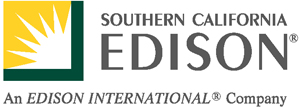
hpc_sce_edison
Southern California Edison provided air travel and lodgings to journalists from several blogs and websites, including High Gear Media, so they could tour the Electric Vehicle Technology Center.




